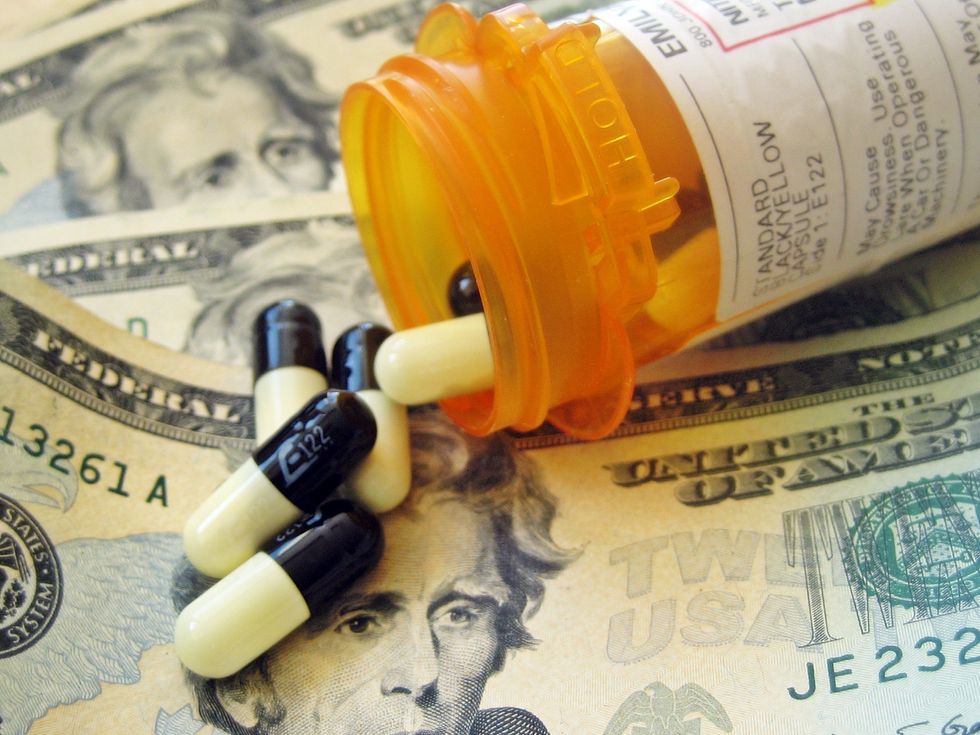It's no secret that American drug prices are higher than any country in the world. From Martin Shkreli to Mylan Pharmaceuticals, there are stories published practically every month of patent holders who hike up prices despite public backlash. The upward trend can often be attributed to holders - like Shkreli - vying for the chance of making more money than their competitors at the expense of sick people.
However, such individuals are only a small part of the problem. While pharmaceutical holders are public names attached to big firms within the healthcare industry, the real culprits largely go unnoticed: the pharmacy benefit managers (PBM). These companies, as David Daven in "American Prospect" explains, are the reason why American prices are uniquely high.
Since the 1960s, PBMs have served as the middleman between pharmacies and drug companies. As the industry expanded, PBMs began to "form large patient networks, and negotiate discounts from both drug companies and pharmacies, which would have no choice but to contract with them to access the network." Basically, they were able to keep drug prices reasonably low.
But everything changed when the health care billing system became a lot more complex. The PBMs collapsed into three big companies: CVS Caremark, ExpressScripts, and OptumRx; and they began to control a combined 80% of the market. The promised savings were no where to be seen. Instead, prescription drug prices increased by 1,100% (1987~2014) and all three companies obtained huge profits.
Abusing ones middleman position is rather easy in any situation. Without the liaison between players, the game can't be played. Following that logic, it is very profitable for PBMs to abuse their position to extract money from pharmacies, insurance companies, drug companies, and patients. Market power is used to steer patients towards more expensive drugs while a deliberately vague billing system is used to price up drugs on all parties involved. This is financially parasitic in nature. Like Shkreli's hedge fund, PBMs abuse control of information, contracts, and prices. And many in the industry are unaware while the few who do are forced to turn a blind eye.
The three firms that hold monopoly use their economic leverage to force others into business with them on their terms. And unfortunately, this oligopolistic market (where the only competition comes from the three firms) is unavoidable as drugs are a necessary part of American lives.
Ordinarily, anti-trust laws or government regulation would ensure the creation of a real market for drugs. However, given that it is almost impossible to determine the real price of drugs due to opacity, there is very little the government can do. Specific regulations that ensured price transparency and prohibited overcharging were tested years ago in the U.S., but we seem to have forgotten our own economic history.
It's worth considering the origins of PBMs. Their creation can be credited to the complex system that is health care billing. If reforms were to be made, PBMs would no longer be a necessary part of the industry.
Now it is up to the government to decide whether this monopoly should be broken up or destroyed altogether. Personally, I recommend the latter.


















